Gods are fragile things; they may be killed by a whiff of science or a dose of common sense
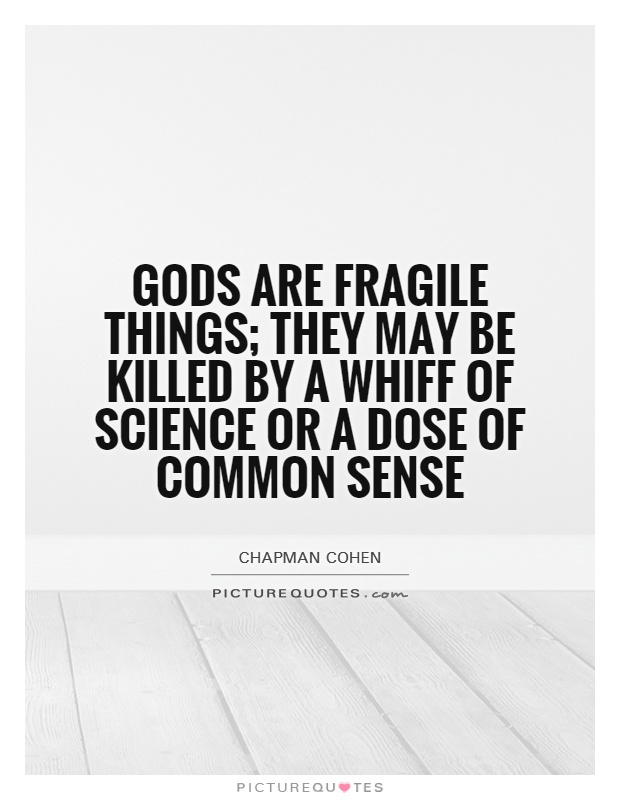
Gods are fragile things; they may be killed by a whiff of science or a dose of common sense
Chapman Cohen, a prominent British atheist and freethinker, was known for his sharp wit and incisive critiques of religion. One of his most famous quotes is, “Gods are fragile things; they may be killed by a whiff of science or a dose of common sense.” This statement encapsulates Cohen’s belief that religious beliefs are not based on solid evidence or rational thought, but rather on superstition and ignorance.Cohen’s assertion that gods are fragile things suggests that religious beliefs are not as robust or unassailable as their adherents may believe. In fact, he argues that a simple whiff of science or a dose of common sense is enough to shatter the illusion of divinity and expose the fallacies of religious dogma. This idea is in line with Cohen’s overall philosophy, which emphasizes the importance of critical thinking and skepticism in evaluating religious claims.
Science, with its emphasis on empirical evidence and rational inquiry, poses a direct challenge to religious beliefs that are based on faith and tradition. By providing naturalistic explanations for phenomena that were once attributed to divine intervention, science undermines the supernatural claims of religion and exposes the limitations of religious knowledge. Cohen believed that a deeper understanding of the natural world through scientific inquiry can lead to a more rational and enlightened worldview, free from the constraints of religious superstition.
Similarly, common sense, with its reliance on logic and reason, can also serve as a powerful tool for dismantling religious beliefs. By questioning the inconsistencies and contradictions inherent in religious texts and doctrines, common sense can reveal the arbitrary nature of religious beliefs and the irrationality of religious practices. Cohen argued that a healthy dose of skepticism and critical thinking is essential for challenging the authority of religious institutions and promoting a more rational and humane society.

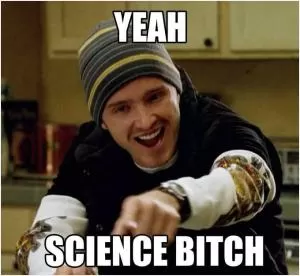
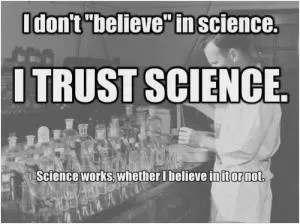
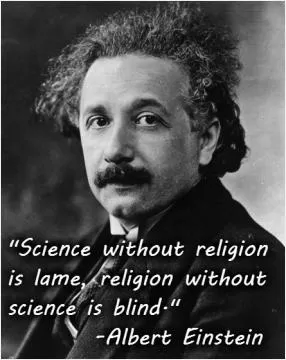

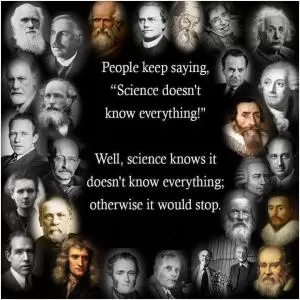
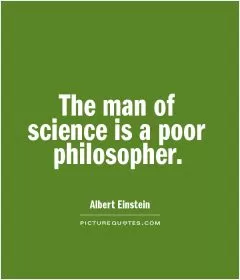
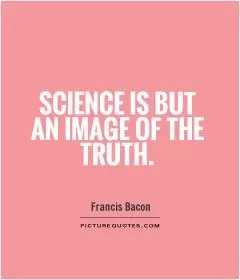
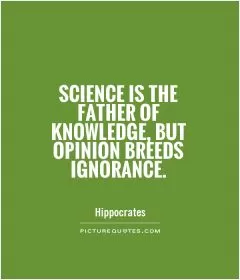

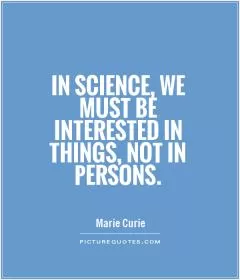
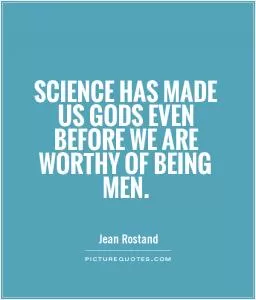
 Friendship Quotes
Friendship Quotes Love Quotes
Love Quotes Life Quotes
Life Quotes Funny Quotes
Funny Quotes Motivational Quotes
Motivational Quotes Inspirational Quotes
Inspirational Quotes